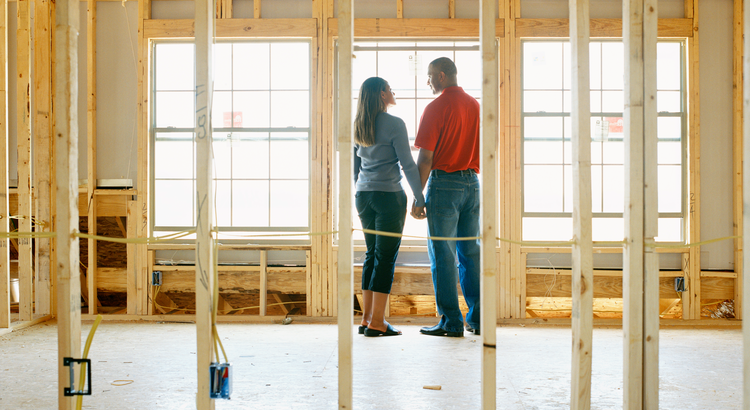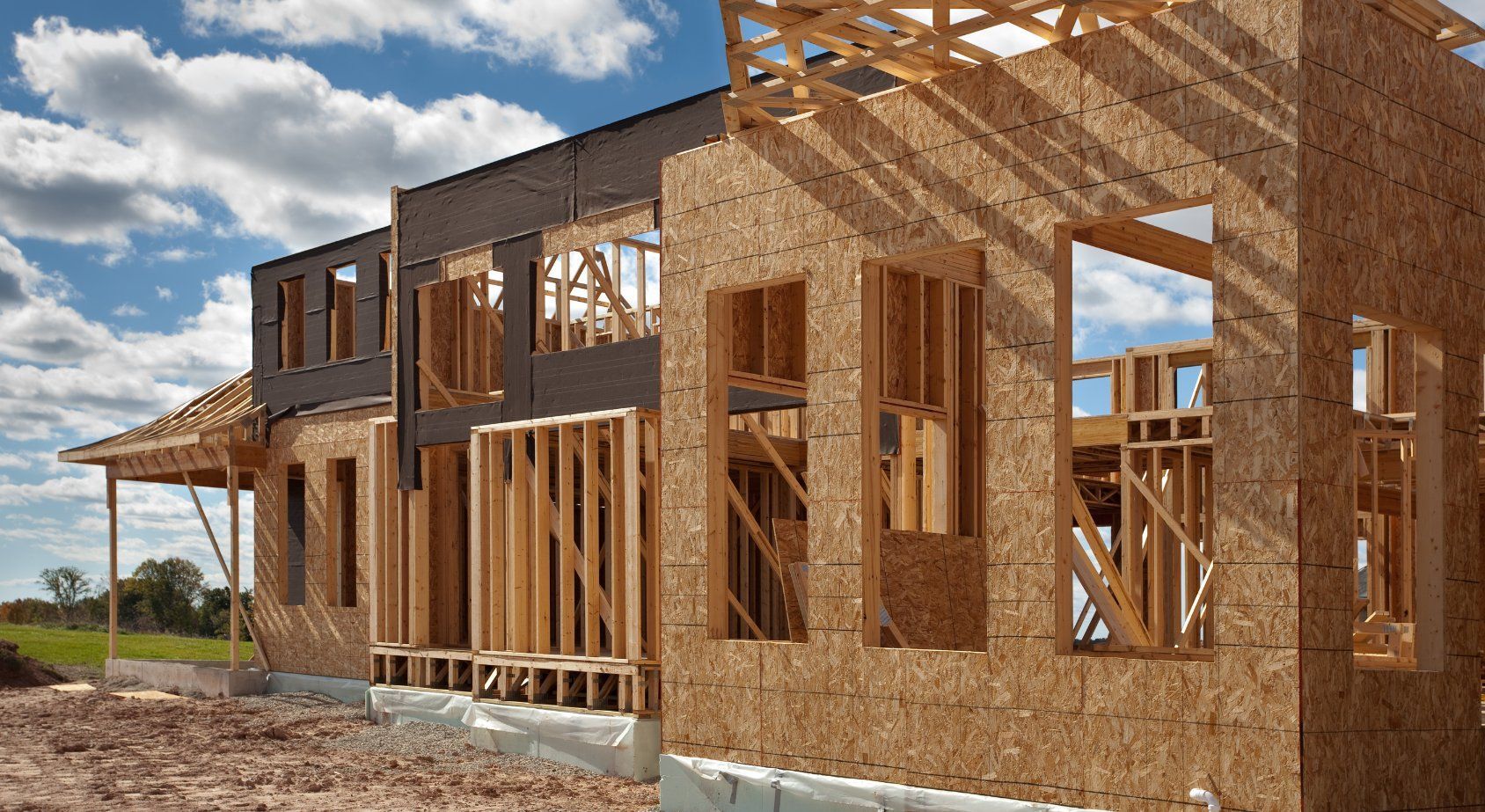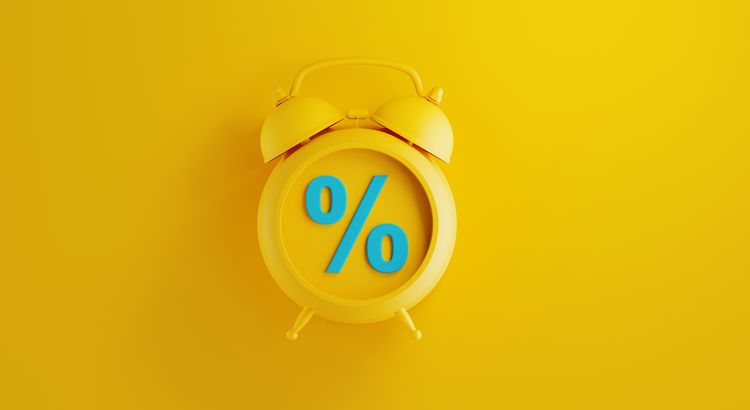Homebuyers Say They're Ready to Buy Now—Even in a Recession. Here's Why
Despite the recession and high interest rates, some home buyers are still planning to purchase a house in the next six months.
A recent survey revealed that 46% of would-be house buyers polled said they’re planning to go ahead and purchase a home in the next six months, even though recession fears are weighing on prospective buyers.
It's higher than the share of buyers who said they would buy a home in July 2019.
Despite these factors, mortgage rates and home prices have been rising steadily over the past few years.
In data released by the National Association of Realtors, Danielle Hale said that “some home shoppers are finding silver linings in the form of cooling competition”.
With inventory levels rising, and options becoming available in smaller, more rural markets—“this fall could bring relatively better chances to find a home within budget”.
Two in five buyers said that they believe the U.S. economy is already in a recession, but 42% of respondents also said that the recession would have “no effect” on their decision to buy a home.
In fact, around 27% of buyers are more likely to purchase products and services during a recession—that's an increase from last year’s 24.7%.
But there are also buyers who feel uneasy about buying in a recession. The share of respondents who say they're less likely to buy now because of the economy increased from 5% last year to 6.5%.
There are signs that buyers have become more competitive: fewer of them report losing out in bids, dropping from 12.6% to 9.4%.
About half of buyers also expressed interest in purchasing homes in small towns or rural areas.
But for some people, buying a home can still be hard work.
First-time buyers are facing some hurdles when it comes to buying a home: more than 12% of them reported being outbid.
Two in five first-time buyers also mentioned that their budget was a challenge to them while they were buying a home.
The median price for homes in the U.S., fell to $435,000 in August from its peak of $450,000 earlier this year.
Around 20% also said that their credit score was “interfering” with their plans to buy. (This is compared to 9.5% of all buyers).










Contact Us
Hours
Open Mon-Fri From 7am to 9pm!
Address
205 North Ave West, Cranford, NJ 07016

© 2022 HomeGotOwned. All Rights Reserved.
Designed by Amigo Labz.


